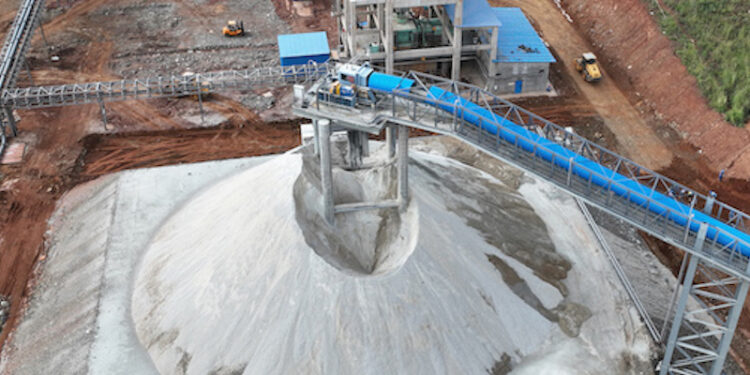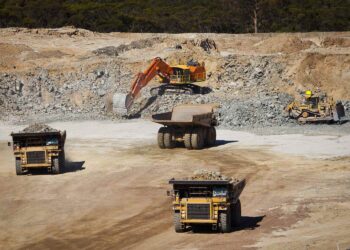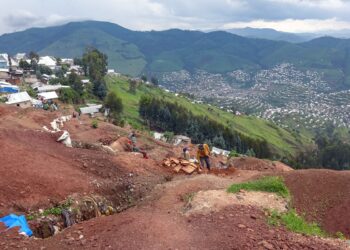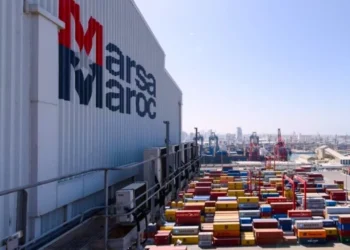Zimbabwe’s lithium exports soared by 30 percent in the first half of 2025, reaching 586,197 metric tonnes of spodumene concentrate as the country positions itself as a key global supplier to electric vehicle and battery markets.
The sharp increase from 451,824 metric tonnes during the same period in 2024 underscores Zimbabwe’s growing influence in global supply chains and its strategic importance in the clean energy transition.
The export boom comes amid rising investment inflows, new project milestones and intensified efforts to increase local beneficiation.
Africa’s top lithium producer, Zimbabwe is now attracting a wave of international capital.
Since 2021, Chinese firms such as Zhejiang Huayou Cobalt, Sinomine, Chengxin Lithium Group, Yahua Group and Tsingshan have invested over $1.4 billion in Zimbabwe’s lithium value chain.
In January, British Virgin Islands-based Premier African Minerals secured £4.7 million (about $6.4 million) to advance its Zulu Lithium Project while exploration continues from firms based in the United Kingdom, Canada, Australia and Ireland.
The government’s push for value addition is also gaining traction.
In July, state-owned Verify Engineering successfully piloted a domestically manufactured lithium-ion battery.
A ban on raw lithium concentrate exports, set to take effect in 2027, has already spurred construction of processing facilities, including Kuvimba House’s 600,000-tonne-per-year concentrator and two lithium sulphate plants led by Sinomine Resources and Zhejiang Huayou Cobalt.
Zimbabwe’s lithium sector will take centre stage at African Mining Week (AMW) 2025 to be held from 1-3 October in South Africa’s Cape Town alongside African Energy Week.
The event will convene global stakeholders to explore investment-ready opportunities and discuss strategies to integrate Zimbabwe into global supply chains.
Mines and Mining Development Minister Winston Chitando is expected to lead high-level discussions with representatives from the Chamber of Mines of Zimbabwe.



























































